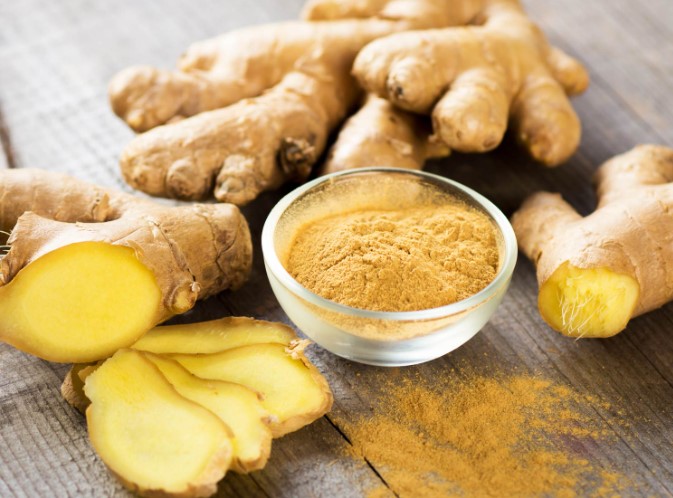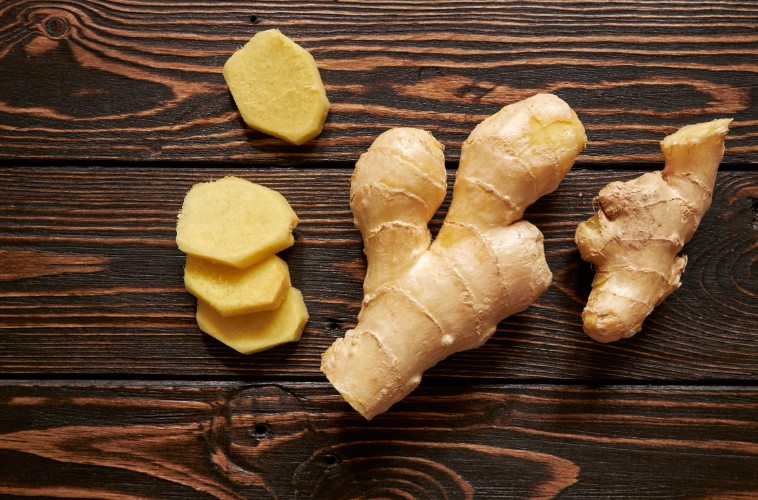Ginger Root Benefits
If you’re looking for natural remedies for a range of ailments, ginger root could be a great choice. Its anti-inflammatory and anti-bacterial properties are a prime example. There are also a variety of other benefits associated with ginger, including Weight loss, cholesterol lowering, and a lower risk of a variety of cancers. Let’s explore these benefits. Listed below are some of the most notable. The following are just a few of them.
Ginger is among the healthiest (and most delicious) spices on the planet. It’s closely related to turmeric, cardamom, and galangal. The rhizome (underground part of the stem) is the part commonly used as a spice. It’s often called ginger root or, simply, ginger. Ginger can be used fresh, dried, powdered, or as an oil or juice. It’s very common ingredient in recipes. It’s also added to processed foods and cosmetics.

Anti-inflammatory properties
The usefulness of ginger lies in its chemical composition and essential oil. The rhizome of ginger has high amounts of ascorbic acid, a compound that doctors refer to as an essential substance. Ginger also contains linoleic, nicotinic, and caprylic acids. Various studies have shown that ginger has beneficial effects on gastrointestinal and muscle problems, including a sore throat.
Although ginger has beneficial effects on the body, it is still important to learn about its contraindications. Certain diseases and pregnancy should not be treated with ginger. In addition, some people with a condition like chronic stomach and gastrointestinal problems should not consume it. Ginger is contraindicated in people with liver disease and hypertension. Nevertheless, its anti-inflammatory properties have many benefits and are worth investigating. There are a number of different kinds of ginger root available for consumption, but there are a few types that are better than others.
Anti-bacterial properties
Ginger contains bioactive compounds with antimicrobial activity against Gram positive and negative bacteria. Ginger root extracts have antibacterial activity against E. coli and S. aureus, and other edible plants have antimicrobial properties. By including these foods in the diet, people can lower their risk of bacterial infections and reduce the use of antibiotics. These findings may also help to develop new antibiotics that do not have harmful side effects.
Several studies have proven the antibacterial properties of ginger. Several isolated strains were tested using different concentrations of ginger root extracts. A concentration of 50 mg/ml was effective in inhibiting bacterial growth and development, while a concentration of 100 mg/ml inhibited bacterial growth and led to reduced bacterial counts in both samples. The antibacterial activity of ginger was dose dependent and correlated with the number of bacteria grew in each sample.
Weight loss
Although many people associate ginger with weight loss, the fact is, it has numerous health benefits. It helps reduce inflammation and soothes sore muscles and joints. It can also help people with arthritis, which is often a factor in excess weight. And, with a higher metabolism, ginger can burn more calories through exercise. If you take ginger regularly, you will find that you can lose weight no matter what your fitness level is. And, this herb is also helpful in preventing heart disease and curing morning sickness.
Many studies have shown that ginger increases the core temperature of the body, stimulating thermogenesis. This causes the body to burn more calories, preventing obesity and combating the effects of metabolic syndrome. Additionally, ginger regulates blood sugar levels, improves the composition of the body, and reduces bad cholesterol. In addition, it inhibits fat absorption. All of these benefits have been shown in clinical trials and are further supported by the results of these studies.
Cholesterol lowering
The plant that produces ginger, which is also known as turmeric, has been used in eastern medicine practices for centuries. Its culinary benefits include enhancing weight loss and fighting infection. Ginger root contains a number of important compounds, including gingerol, a potent antioxidant. The root can be used in many dishes, including soups, sauces, and even tea. It also has anti-inflammatory properties.
One study found that consuming three grams of ginger each day reduced levels of “lousy” (LDL) and triglycerides. While both groups saw improvements in LDL (the bad cholesterol), the group given ginger had a greater decrease in “bad” cholesterol. The study also found that ginger increases the level of ‘good’ (HDL), a substance essential for healthy heart function.
Menstrual pain relief
For years, ginger has been used to help women relieve their menstrual pain. The compound gingerol, found in ginger, has antioxidant and anti-inflammatory properties that help to relieve cramps and increase energy levels in the body. Ginger tea can help women relieve their period pain, as does a ginger root poultice. It is effective for cramps, nausea, upset stomach, headache, and fatigue. It is also a natural endocrine system stimulant and can even induce periods.
While many women take acetaminophen or ibuprofen for pain, ginger may be more effective for women with severe dysmenorrhea. Women taking blood-thinning medications, those with bleeding disorders, or those suffering from gallstones should talk to their doctor before using ginger. In addition to ginger tea, fresh-grated ginger can be added to your favorite drinks or food, such as salad dressing or stir-fries.

Anti-viral properties
For centuries, people have recognized the medicinal benefits of ginger root. Confucius and Henry VIII ate ginger with every meal, and stories about its anti-viral properties spread throughout the world. Even Henry VIII recommended ginger as a treatment for an Ebola-like virus. In the 16th century, a pound of ginger cost more than a sheep, so it was only affordable for the wealthy. But, today, we are finding that ginger’s antiviral effects are being confirmed by science.
The anti-viral properties of ginger have been studied in both laboratory and human subjects. The ginger extract stimulates the production of the first line of defence against viral infection. It inhibits the attachment of the respiratory syncytial virus to the liver and lung cells. Fresh ginger stimulates the mucosal cells to increase the production of interferon-beta (IFN-b) secretions, thereby having antiviral effects.
As you can see, ginger is not just tasty—it’s powerful. The scientific evidence is clear: ginger root can improve your health in several ways. It may be a good spice to keep in your pantry, or even an essential part of your diet. You’ll want to keep reading to learn more about the health benefits of ginger and how you can use it. Let’s dive in!
